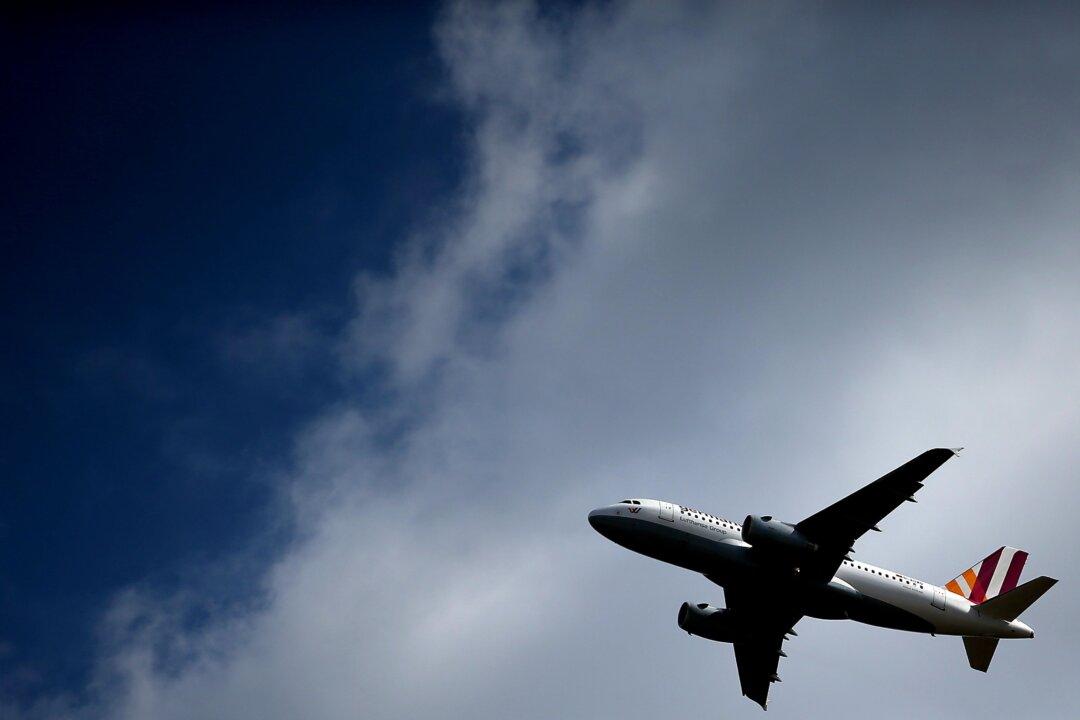One question that’s being echoed across the media landscape is: Could the Germanwings disaster have been prevented?
Endless network coverage—mainly about the pilot and the last moments on board the plane—is skewing the public’s perception on airplane safety and makes it seem like the monitoring of pilots and flight crew is too lax, one pilot argues, adding there’s probably not much we could have done.
“As this tsunami of public alarm rises, the demand for instant solutions and immediate resolution overcomes common sense—and even reality,” writes longtime airline pilot Chris Manno for Mashable on Tuesday. “At any given moment, a thousand flights are in the air, manned by a thousand crews, who do their jobs faithfully and professionally as they always have.”





